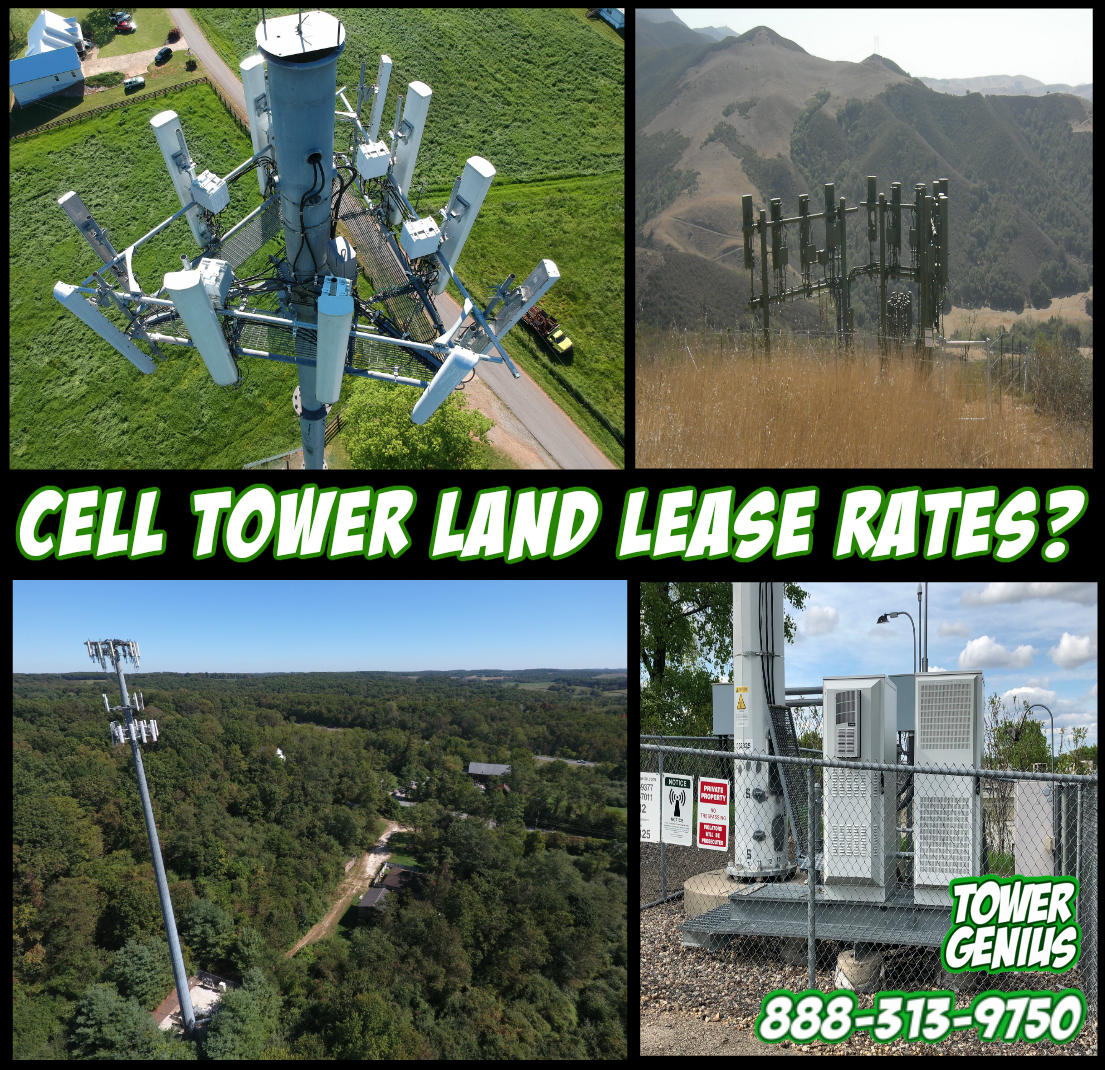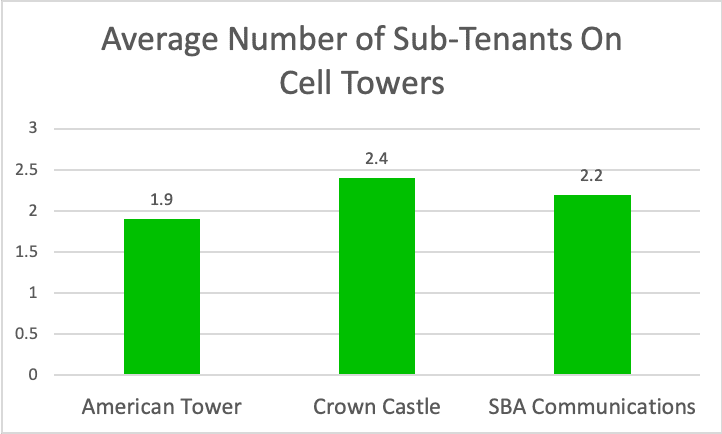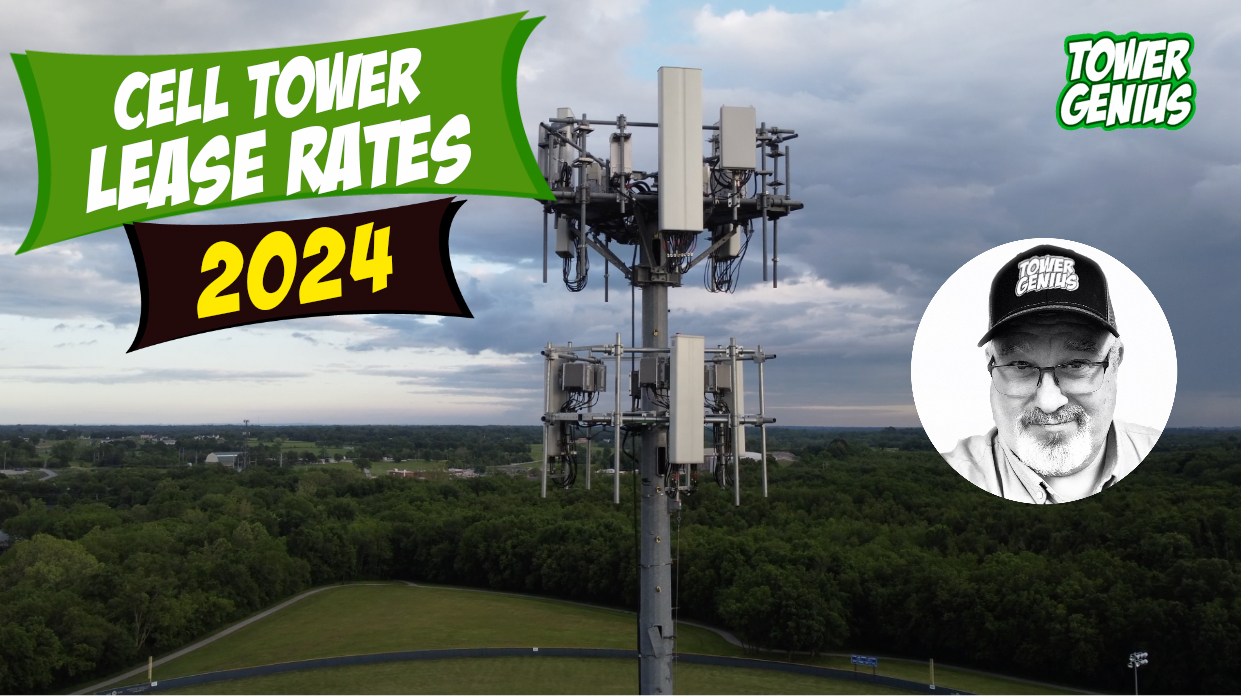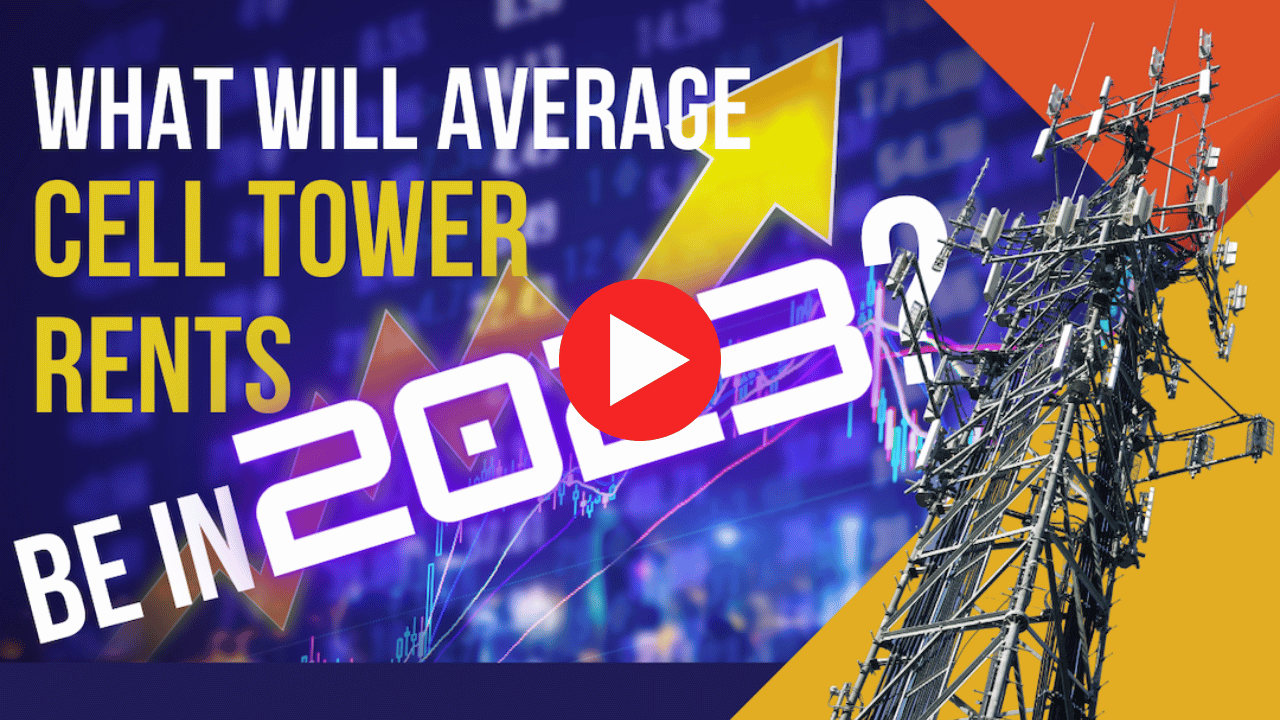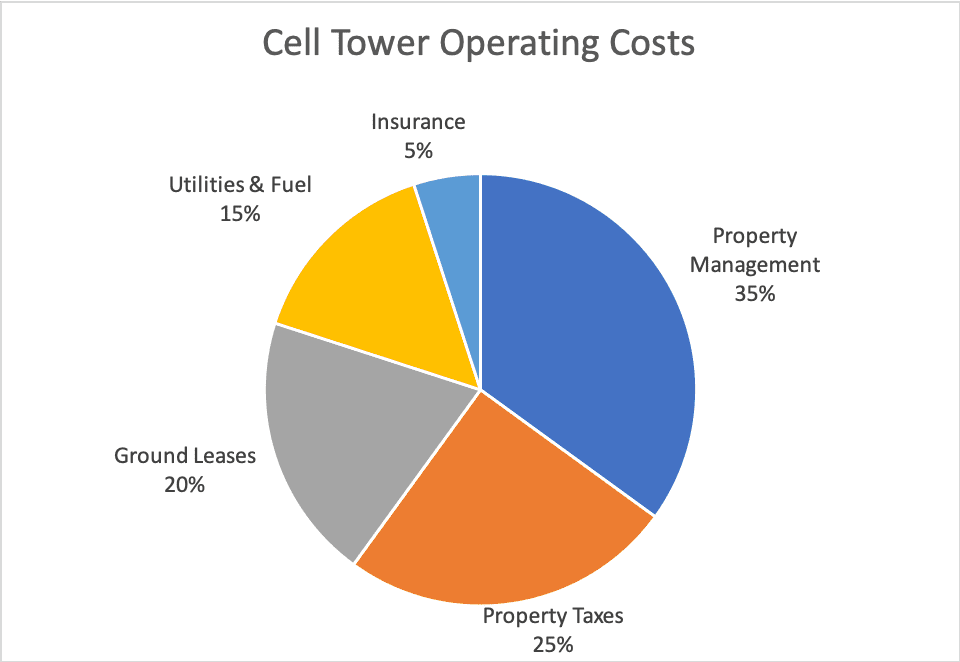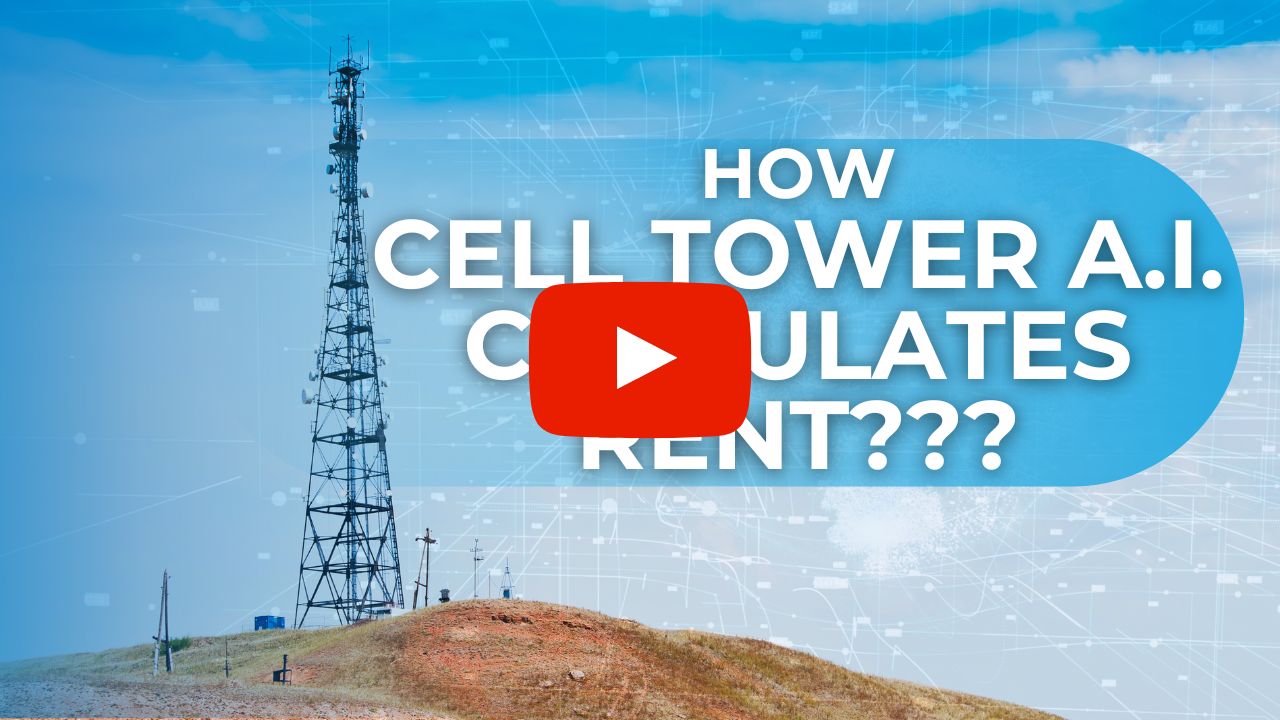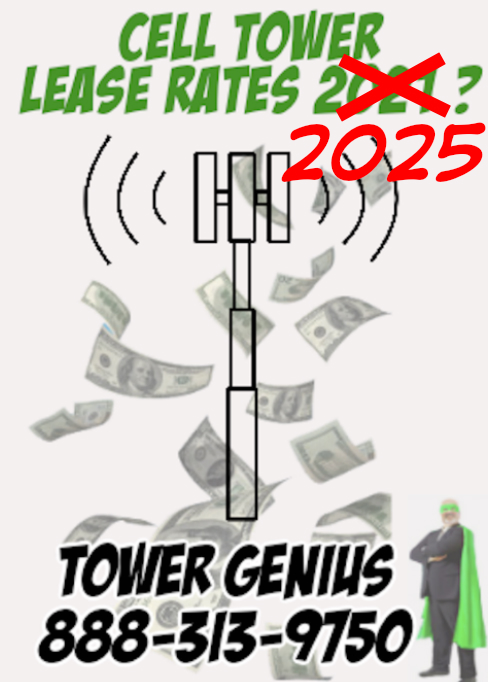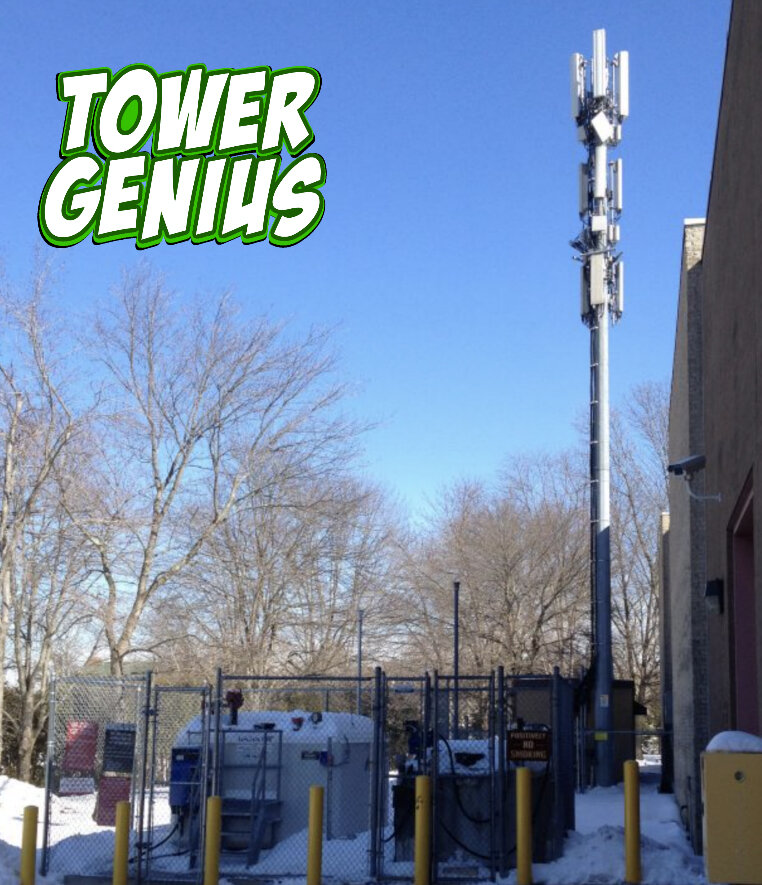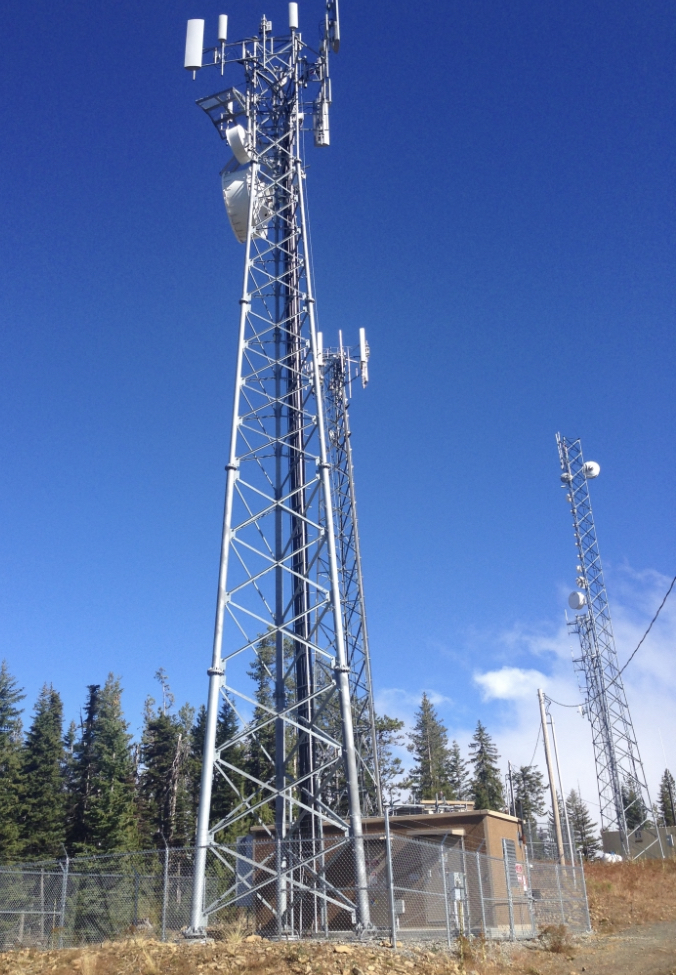Cell Phone Tower Land Lease Rates

Across the nation, landowners are finding themselves approached with offers to lease portions of their property for the construction of cell phone towers. These leases can represent a steady stream of income, but navigating the intricacies of the agreements and understanding fair market value is proving to be a complex challenge.
The growing demand for mobile data and 5G connectivity is fueling a surge in cell tower development. This has created a competitive landscape where landowners are increasingly sought after as potential partners. However, the lack of transparency in lease rate negotiations often leaves property owners uncertain about whether they are receiving a fair deal.
Understanding the Basics of Cell Tower Leases
At its core, a cell tower lease is a contract between a landowner and a telecommunications company (or a tower company acting on their behalf). The company leases a small portion of the land – typically a few thousand square feet – to build and operate a cell tower.
In return, the landowner receives monthly rent payments for the duration of the lease, which can range from 25 to 99 years with renewal options. These leases are legally binding agreements, and it is very important to fully understand what you are signing.
Key Factors Influencing Lease Rates
Several factors influence the rental rate that a landowner can expect to receive. Location plays a critical role. Areas with high population density or challenging terrain that require more extensive coverage typically command higher lease rates.
The specific carrier(s) using the tower, the height of the tower, and the available space for future expansion also impact the lease value. Agreements which allows other carriers to attach to the tower will have a higher value than a single carrier agreement.
Zoning regulations, accessibility to utilities, and the presence of competing towers nearby are also considered by telecommunications companies when determining lease rates. Professional guidance is crucial.
The Challenge of Determining Fair Market Value
One of the biggest challenges for landowners is determining the fair market value of their property for a cell tower lease. Unlike real estate transactions, there is no readily available database of comparable lease rates.
Lease rates are often kept confidential, and telecommunications companies may have access to proprietary data that landowners do not. This information asymmetry can put landowners at a disadvantage during negotiations.
"It's like negotiating the price of a house without knowing what similar houses in your neighborhood have sold for," explains John Davies, a real estate attorney specializing in cell tower leases. "Landowners are often left in the dark."
Seeking Expert Advice
Given the complexities of cell tower leases, experts recommend that landowners seek professional advice before signing any agreements. This can include consulting with real estate attorneys, cell tower lease consultants, and appraisers who specialize in this niche market.
These professionals can help landowners understand the terms of the lease, negotiate favorable rates, and protect their long-term interests. They can also assess the impact of the tower on the property value and ensure that the lease agreement addresses potential liabilities.
A cell tower consultant can review the proposed lease agreement and compare it to industry standards. They can provide data on comparable lease rates in the area and help the landowner understand the value of their property for cell tower purposes.
The Impact on Rural Communities
Cell tower leases can have a significant economic impact on rural communities. For landowners, the lease payments can provide a much-needed source of income. For the community as a whole, improved cell phone coverage can enhance communication, facilitate economic development, and improve access to emergency services.
However, the influx of cell towers can also raise concerns about aesthetics, environmental impact, and potential health risks. It's very important to do research on your end to understand all aspects.
Local governments are grappling with how to balance the need for improved connectivity with the concerns of residents. Zoning regulations and community input are critical in shaping the development of cell tower infrastructure.
The Future of Cell Tower Leases
As the demand for wireless data continues to grow, the market for cell tower leases is likely to remain strong. The rollout of 5G technology is expected to drive further investment in cell tower infrastructure, creating new opportunities for landowners.
However, landowners need to be proactive in educating themselves about the value of their property and protecting their rights. Seeking expert advice and carefully reviewing all lease agreements are essential steps to ensuring a fair and beneficial outcome.
Moving forward, transparency in lease rate negotiations and greater access to information for landowners will be crucial for fostering a more equitable and sustainable cell tower industry. Understanding your rights is essential.
